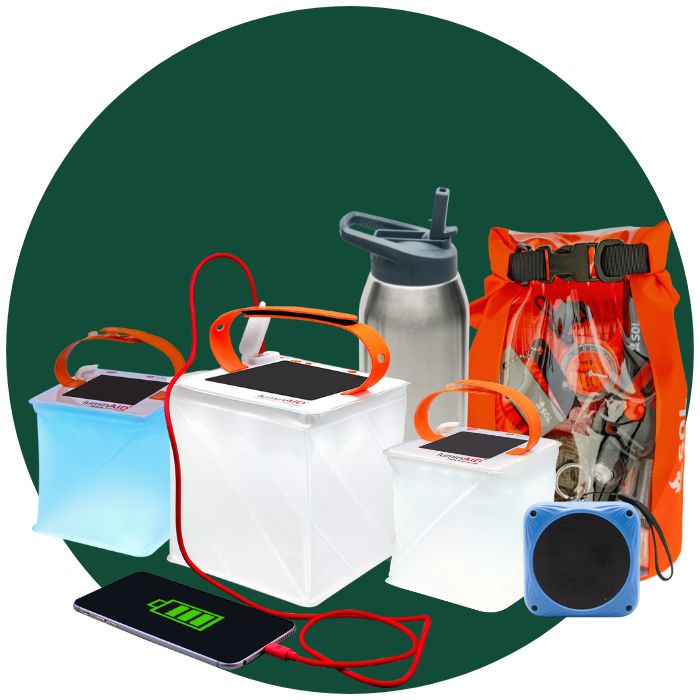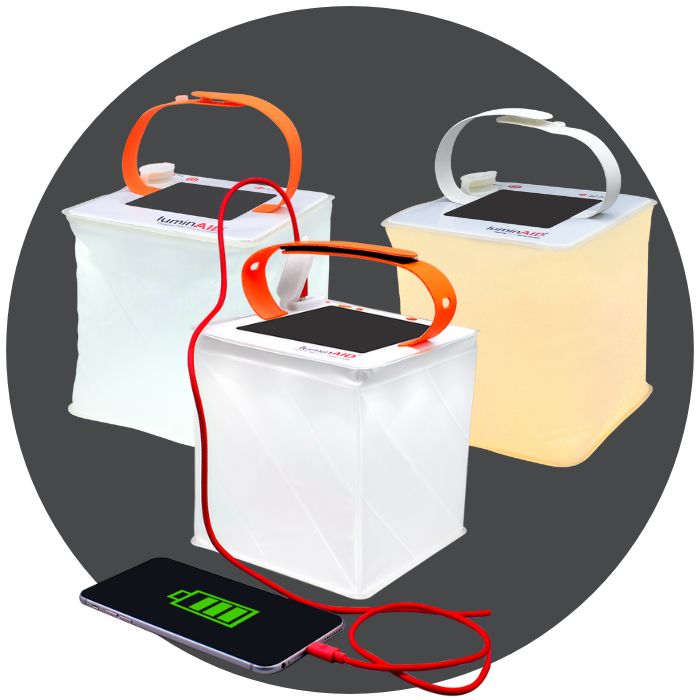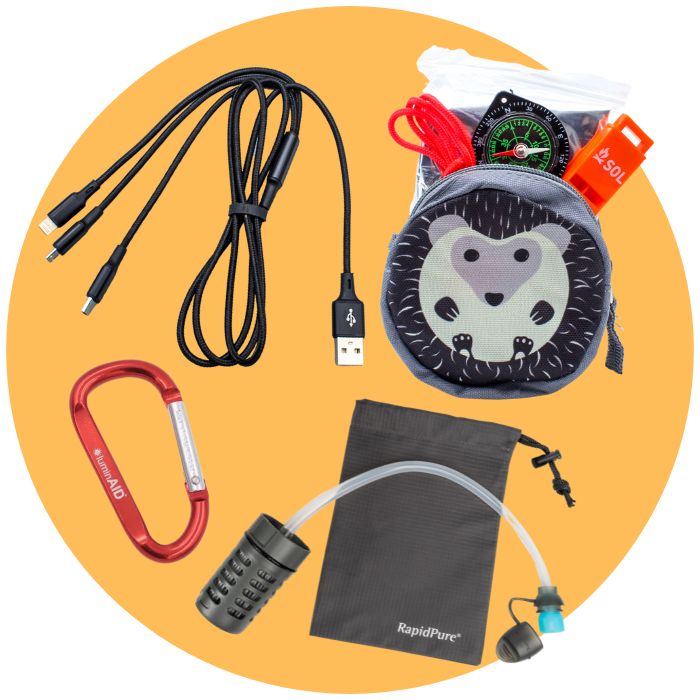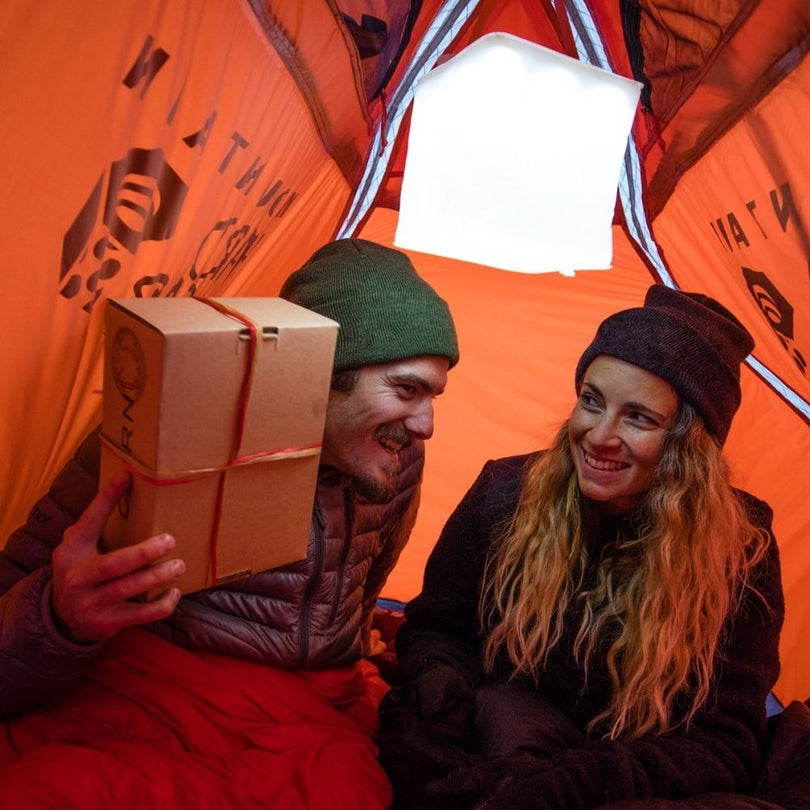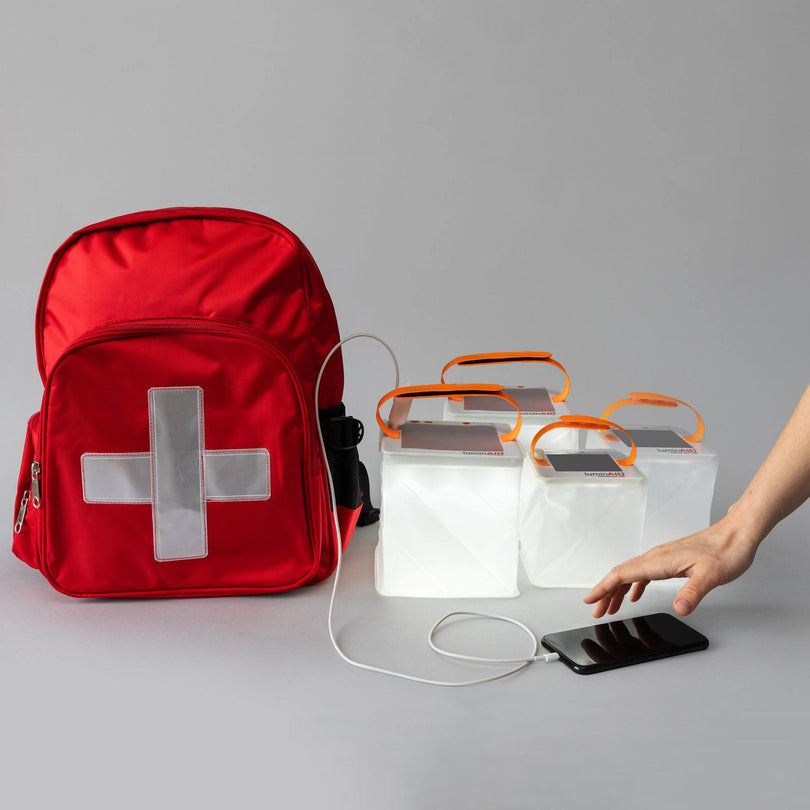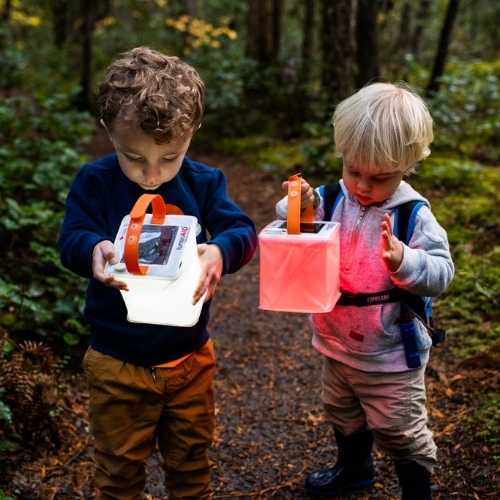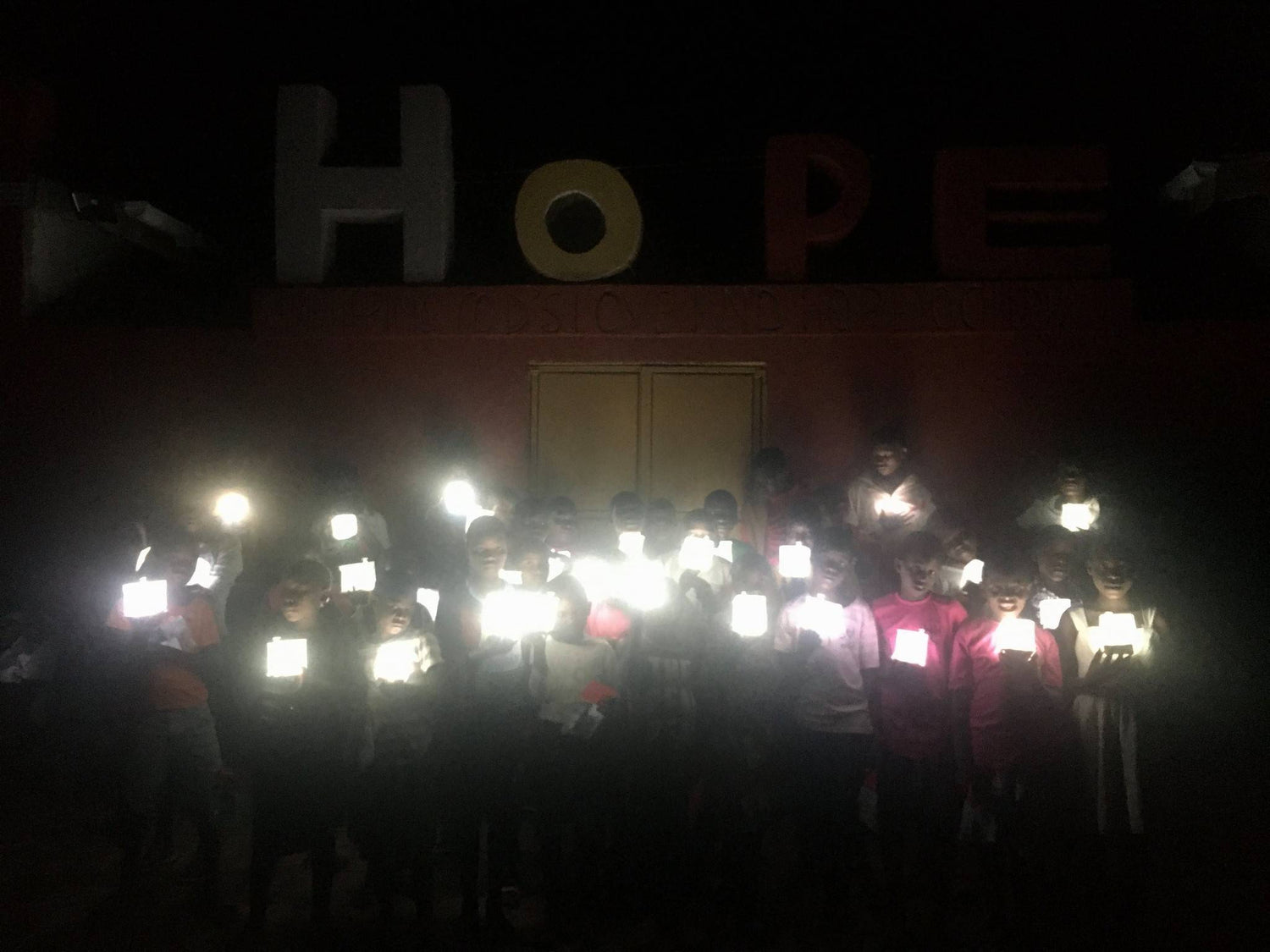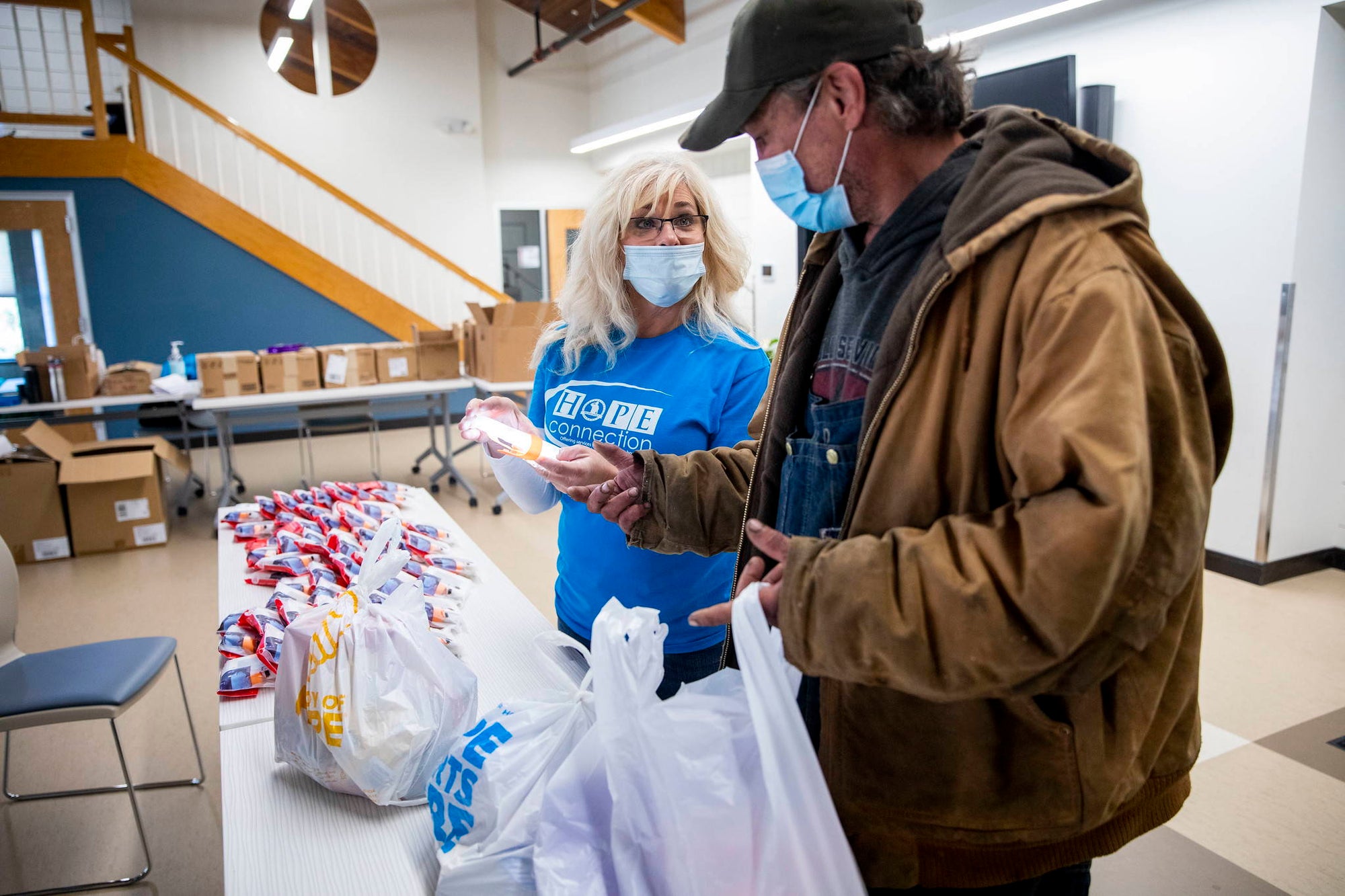Earlier this year, LuminAID partnered with the Kikulu Foundation with the goal of sending 100 solar-powered lights to children in Uganda. After overcoming distribution complications from the ongoing coronavirus pandemic, we are proud to announce that more than 100 lights have been delivered!
With over 50% of the population in Uganda under the age of 14, it is difficult for all children to have access to quality education. That’s why in 2012 the Kikulu Foundation decided to focus on serving students in rural Uganda, recognizing the power educating youth will have on influencing the future of the country. They do so by providing students with scholarships, books, and school supplies and by supporting teachers with training and necessary classroom resources. Since 2012 the Kikulu Foundation has dedicated over $200,000 to educational initiatives in Uganda to support their mission of giving all children access to quality education.
Like many other nonprofit organizations, Kikulu has encountered additional challenges this year because of the pandemic. Alisha Robertson-Stephens, the Founding Director of the Kikulu Foundation, explains how their focus has shifted in 2020.
“Our students, like many students around the world, have had to shift their normal school routine during COVID-19. Instead of being in classrooms, students have been living and learning full-time at the children’s home with the help of onsite tutors. We’ve spent the last six months ensuring each and every student has “school-from-home packets” with books, supplies, and the resources they need to continue their studies the best they can.”
With over 50% of the population in Uganda under the age of 14, it is difficult for all children to have access to quality education. That’s why in 2012 the Kikulu Foundation decided to focus on serving students in rural Uganda, recognizing the power educating youth will have on influencing the future of the country. They do so by providing students with scholarships, books, and school supplies and by supporting teachers with training and necessary classroom resources. Since 2012 the Kikulu Foundation has dedicated over $200,000 to educational initiatives in Uganda to support their mission of giving all children access to quality education.
Like many other nonprofit organizations, Kikulu has encountered additional challenges this year because of the pandemic. Alisha Robertson-Stephens, the Founding Director of the Kikulu Foundation, explains how their focus has shifted in 2020.
“Our students, like many students around the world, have had to shift their normal school routine during COVID-19. Instead of being in classrooms, students have been living and learning full-time at the children’s home with the help of onsite tutors. We’ve spent the last six months ensuring each and every student has “school-from-home packets” with books, supplies, and the resources they need to continue their studies the best they can.”
For many students, light is a necessary part of those “school-from-home packets”. Robertson-Stephens explains why: “The government here often turns the electricity off in our part of the country. I can estimate that the students are without power over 40% of the night time hours. Even with electricity, our children need good lighting to read and study in the evening to protect their eyes from strain. Often they get up in the predawn hours to study. They have been trained by the culture that they retain more when getting up at 4 am to read their notes so their lights come in handy in the wee hours of the morning. Even though most students are now studying from home, they still use their lights on a daily basis for reading and take-home study assignments.”
For many students, light is a necessary part of those “school-from-home packets”. Robertson-Stephens explains why: “The government here often turns the electricity off in our part of the country. I can estimate that the students are without power over 40% of the night time hours. Even with electricity, our children need good lighting to read and study in the evening to protect their eyes from strain. Often they get up in the predawn hours to study. They have been trained by the culture that they retain more when getting up at 4 am to read their notes so their lights come in handy in the wee hours of the morning. Even though most students are now studying from home, they still use their lights on a daily basis for reading and take-home study assignments.”
With your help, we have been able to bring light to children in rural Uganda so they can pursue their studies and act upon their dreams. Robertson-Stephens notes how fond the children are of the lights as well.
“Our kids are always very excited to receive their LuminAID lights. The versatility of the lights allows the kids to use them in their rooms, in school, and walking from campus at night when needed. We find that most of our students use their light the most after dark for reading. Teaching the kids about solar and the power of the sun is an added bonus! Viola, one of our primary students, is so fascinated by how they work with the sun she says she wants to be an inventor when she grows up!”
We are proud to be partners with the Kikulu Foundation and to continue to help spread light in Uganda. To learn more about our Give Light program and how you can become involved in similar campaigns, read more here.
About the Kikulu Foundation
LuminAID has been partnering with the Kikulu Foundation since 2014, and the organization has distributed LuminAID lights in educational projects serving children, so they can read after dark. The Kikulu Foundation is passionate community of global citizens who believe everyone deserves access to quality education. They're removing barriers to education for kids in Uganda so they can act upon their dreams and thrive. Learn more about their work at kikulu.org
About LuminAID's Give Light, Get Light Program
Through LuminAID's Give Light, Get Light Program and nonprofit partnerships, we work with nonprofits operating in over 100 countries. You can support more projects like this by Giving Light to sponsor a future distribution.

